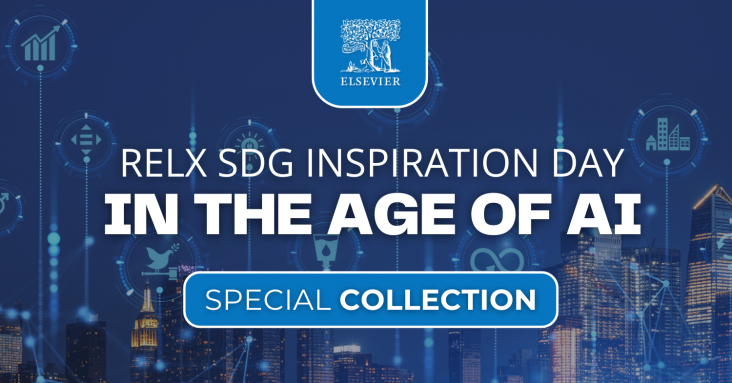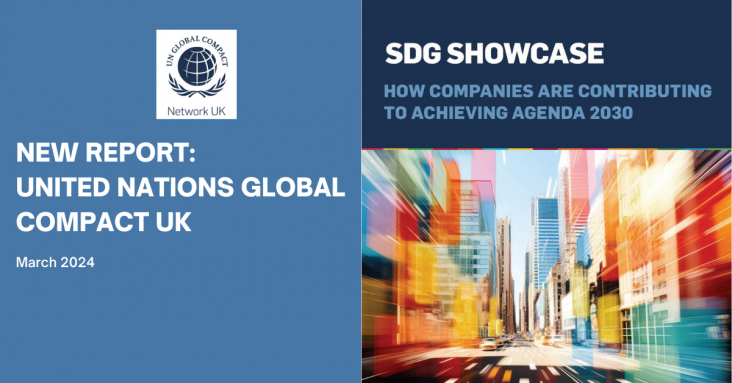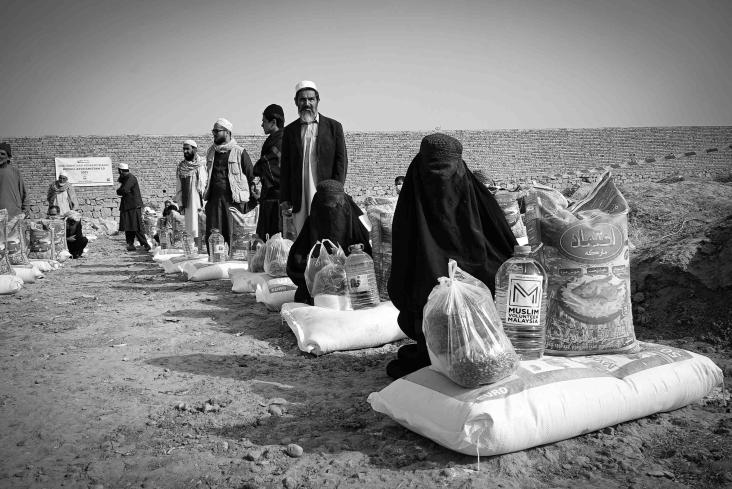
Future Food Systems:Exploring Global Production, Processing, Distribution and Consumption, 2024, Pages 177-190
The article concludes that while federal food assistance programs have the potential to improve health equity for Indigenous peoples, their effectiveness is hampered by accessibility barriers and lack of cultural relevance, particularly in non-tribally administered programs. The scant research available highlights unmet needs, especially for urban Indigenous communities and under-studied programs. Addressing these gaps is essential for fulfilling federal trust responsibilities and advancing health equity. The authors call for more targeted research and policy action to support Indigenous self-determination and ensure food assistance programs are both accessible and culturally appropriate.
Bioremediation of Emerging Contaminants from Soils, Soil Health Conservation for Improved Ecology and Food Security, 2024, Pages 465-488
This content aligns with Goals 2, 13, and 15 by highlighting how indigenous soil reclamation practices can enhance agricultural productivity and food security; explaining how healthy soils play a crucial role in climate change adaptation and mitigation through practices like agroforestry; and emphasizing the importance of biodiversity conservation and sustainable land management practices inherent in indigenous knowledge systems,



AI holds tremendous potential for advancing the United Nations Sustainable Development Goals (SDGs). AI, particularly generative AI, provides new opportunities to analyse data and trends at pace a


